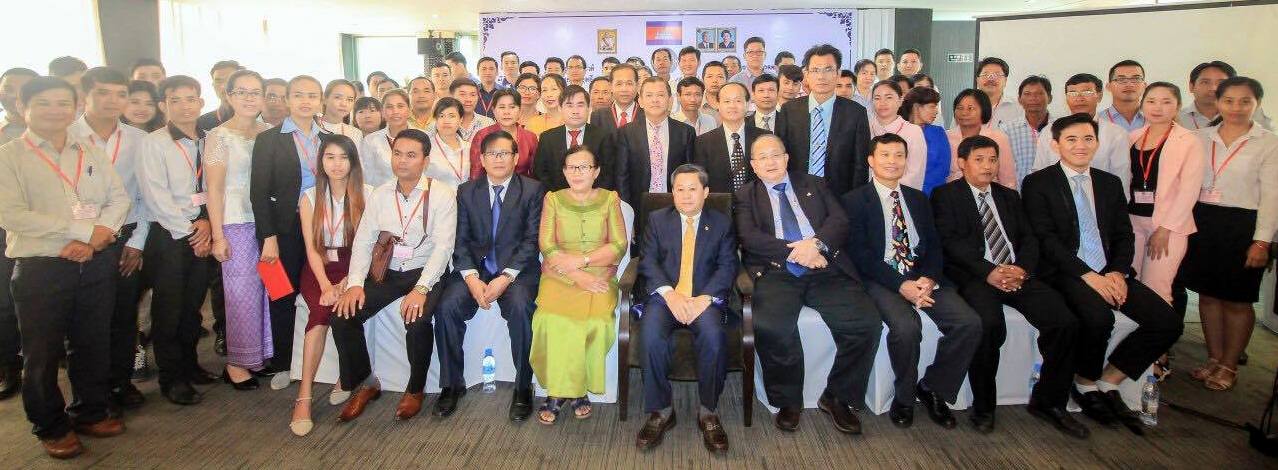
Select Page
Green Productivity (GP) is a strategy for enhancing productivity and environmental performance for sustainable socioeconomic development. It consists of various applications of productivity tools, techniques, and technologies to reduce the environmental impact of an organization’s activities, products, and services. To ensure that member countries are able to practice GP effectively, the APO has offered various projects on related topics for more than two decades. Different tools and techniques have been introduced to provide more options for GP implementation.
In 2010, the APO added material flow cost accounting (MFCA) as a new GP tool. Originally developed in Germany, MFCA has been proven to be an effective method for organizations to promote the efficient use of materials, contributing to reductions in waste, emissions, and nonproducts. It also increases the transparency of material flows, which is a key to successful problem solving and improvement.

In collaboration with NIPO, an International Conference on Material Flow Cost Accounting was held 19–21 September in Tehran, IR Iran. A total of 70 participants and observers from 13 member countries attended the conference. The APO assigned eight resource persons from Germany, India, Japan, Malaysia, Thailand, and Vietnam. The program coverage included: MFCA concept and methodology; MFCA implementation in member countries and other regions; different approaches to MFCA; and success stories of practitioners. Participants visited Pars Khodro Company in Tehran.
During the opening ceremony, APO Director for IR Iran Dr. Roya Tabatabaei Yazdi mentioned that a major side effect of economic and industrial activities was large amounts of industrial waste and environmental contamination. She added that, apart from the threats to human sanitation and the environment, this might lead to unnecessary waste of national and financial resources. She commended the APO for introducing MFCA to member countries under the GP agenda and cited that as an important step toward achieving sustainable development.
Kansai University Head of the Faculty of Business and Commerce Professor Michiyasu Nakajima strongly advised all participants to develop local MFCA manuals, case studies, and networks for successful implementation of their own initiatives. He stressed the importance of effective communications among companies, suppliers, and customers for a long-term business perspective and sustainability. He added that MFCA needed cooperation from all levels of workers to guarantee its success.
Resource person Michael Bruns of IFU Hamburg, Germany, shared the experiences of his country in promoting and disseminating MFCA applications. The strong support given by the government was one of the key success factors. Bruns explained that the government had established a national agency to provide training and consulting in MFCA. In addition to German SMEs, multinational companies such as Porshe AG, Festo, and Fischerwerke also participate in agency activities.
Somany Ceramics Ltd., India, Senior Manager (Electrical & Instrumentation) Dipesh Kumar Vasudeo Pandya spoke on the importance of establishing a capable, committed team when putting MFCA in place at the company level. After participating in an APO demonstration project on MFCA in 2012, Somany Ceramics was able to save almost USD300,000 annually by applying MFCA and GP principles. It also received an award from the government in recognition of its achievements in cleaner production.
Photo: NIPO